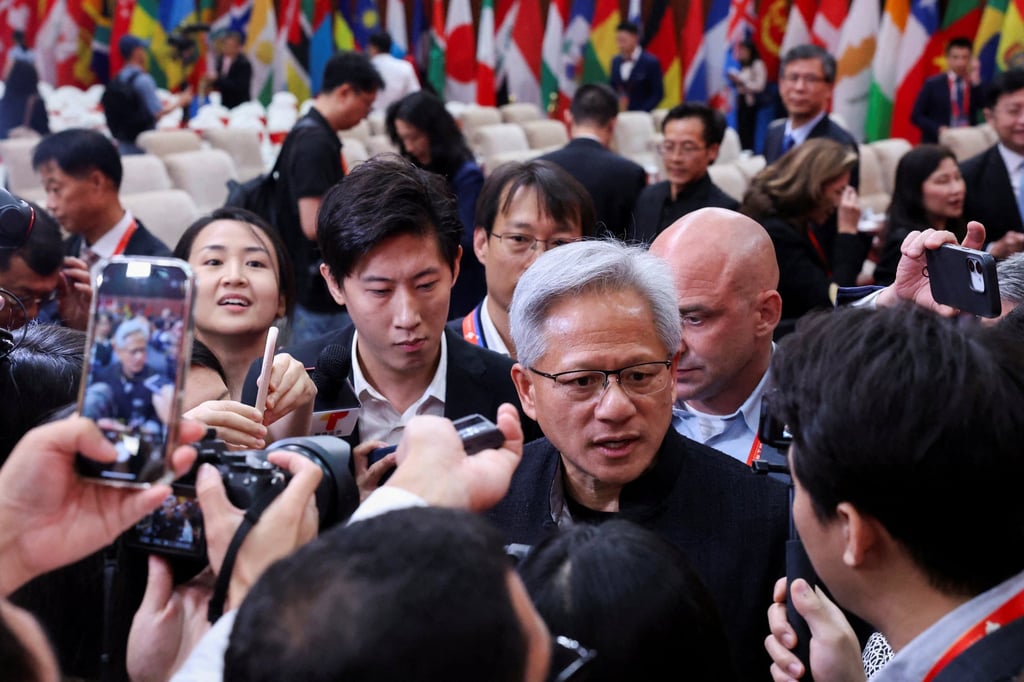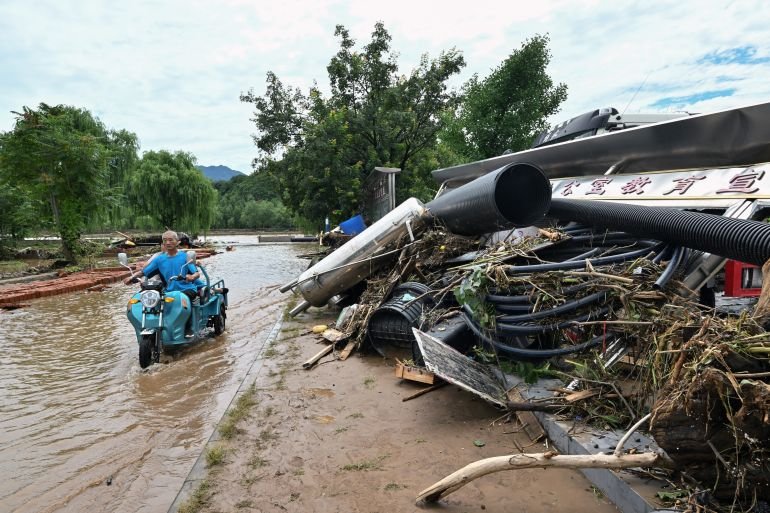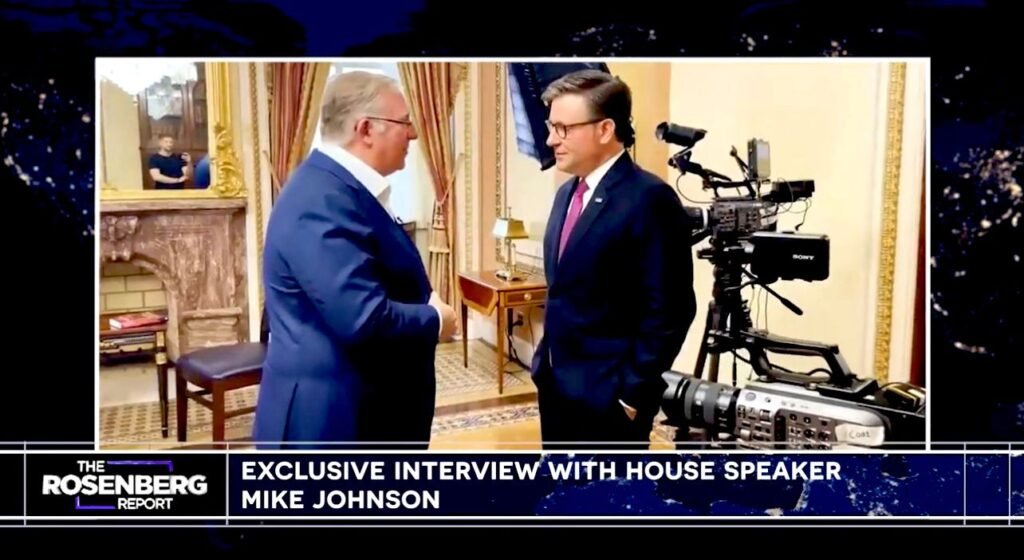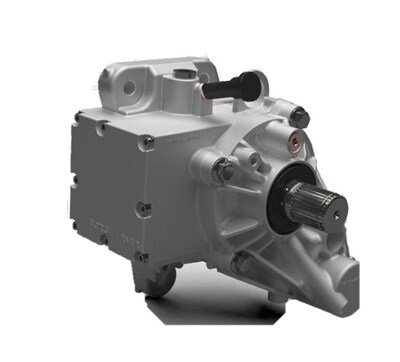The Cyberspace Administration of China (CAC), the agency responsible for cybersecurity, said in a statement on Thursday that it had summoned and interviewed Nvidia regarding the risks associated with the potential tracking and remote control functions of its H20 chips. The regulator requested that the company provide explanations and relevant proof concerning those issues.
The CAC said its inquiry was based on recent reports of “serious security issues” involving Nvidia’s chips, and demands from US lawmakers to add tracking features to advanced chips. Moreover, US artificial intelligence experts have indicated that remote control technologies related to Nvidia’s chips have matured.
The CAC did not specify the sources of that information.
A bipartisan group of US lawmakers in May introduced a bill that would require makers of AI processors, including Nvidia, to incorporate technology verifying the location of their chips prior to export. The proposal aimed to tackle reports of US export-controlled AI chips being smuggled into China.

“To safeguard the network and data security of Chinese users … the Cyberspace Administration of China summoned Nvidia on July 31, demanding the company explain the back-door security risks associated with its H20 chips sold to China and submit supporting evidence,” the statement read.







